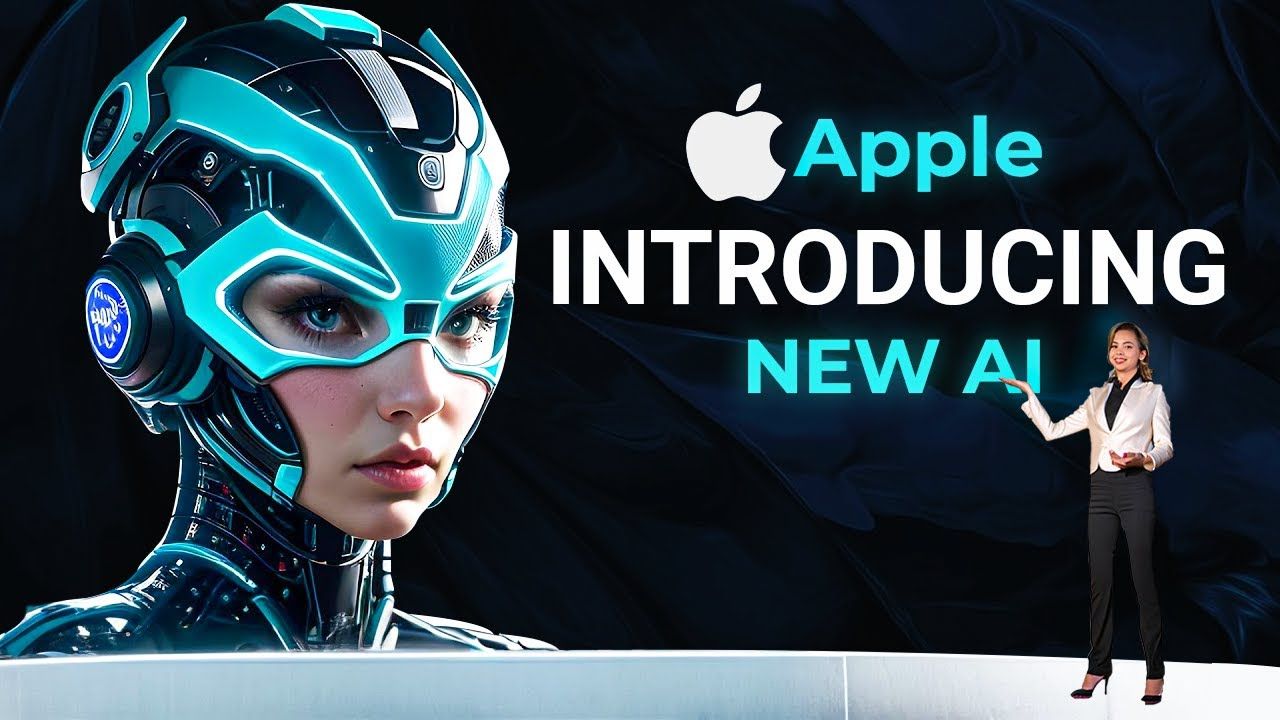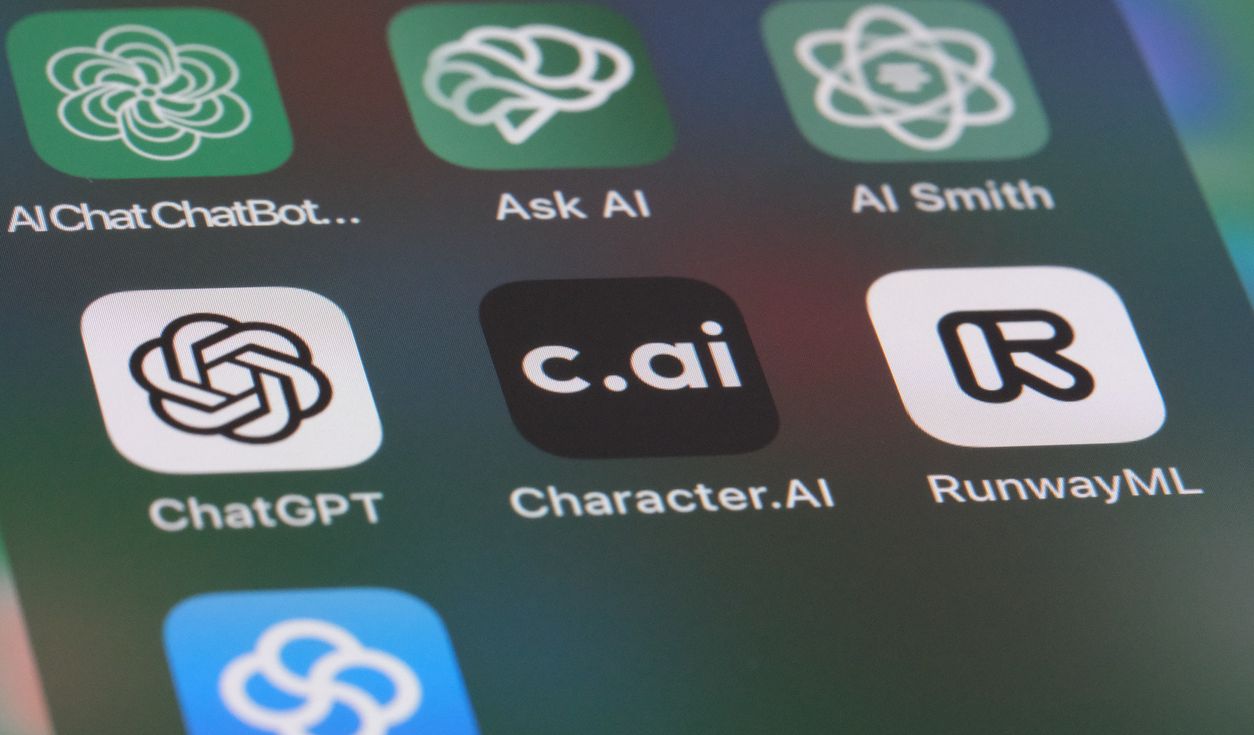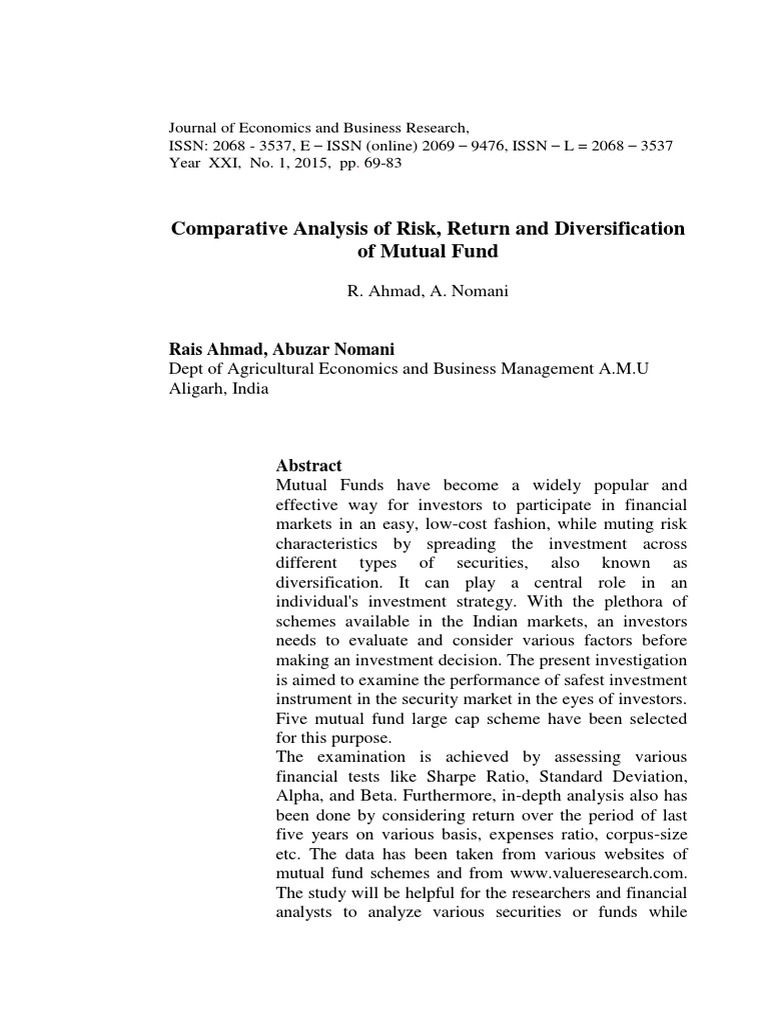Apple's AI: Innovation Or Imitation?

Table of Contents
Apple's AI Strengths: A Focus on User Experience and Integration
Apple's AI strategy isn't about flashy, groundbreaking announcements; it's about seamless integration and user-centric design. This approach leverages Apple's existing strengths and creates a compelling narrative around Apple's AI.
Siri's Evolution: From Basic Voice Assistant to Sophisticated AI
Siri, Apple's virtual assistant, has undergone a significant transformation. Initially a basic voice assistant, Siri now boasts improved capabilities:
- Enhanced Natural Language Processing: Siri understands more nuanced commands and contextual information.
- Proactive Suggestions: Siri anticipates user needs and offers relevant suggestions, streamlining daily tasks.
- Deeper App Integration: Siri seamlessly interacts with various apps, automating workflows and enhancing productivity.
Compared to competitors like Google Assistant or Amazon Alexa, Siri stands out with its:
- Privacy Focus: Apple prioritizes on-device processing, minimizing data transmission to external servers.
- Seamless Ecosystem Integration: Siri works flawlessly within the Apple ecosystem, offering a cohesive and user-friendly experience across iPhones, iPads, Macs, and other Apple devices.
On-Device AI and Privacy: A Cornerstone of Apple's AI Strategy
Apple's commitment to privacy is a defining feature of its AI approach. On-device AI processing is crucial to this strategy:
- Enhanced Security: Data remains on the user's device, reducing the risk of data breaches and unauthorized access.
- Minimized Data Collection: Less data is transmitted to Apple's servers, safeguarding user privacy.
This contrasts sharply with cloud-based AI processing models employed by some competitors, highlighting Apple's dedication to user privacy. Features like Differential Privacy in iOS further demonstrate Apple's commitment to protecting user data while still improving its AI models.
Areas Where Apple's AI Appears to Follow Trends
While Apple excels in user experience and privacy, its approach to certain AI technologies reveals a more cautious, and some might argue, imitative strategy.
Generative AI and the Late Entry: A Calculated Approach?
Apple's entry into the generative AI space has been notably slower compared to Google and OpenAI. This delay raises questions:
- Refinement over Revolution: Apple may be prioritizing perfecting existing technologies before fully embracing generative AI.
- Privacy Concerns: The potential privacy implications of generative AI might be influencing Apple's slower adoption.
While this cautious approach might seem limiting, it could ultimately allow Apple to integrate generative AI into its ecosystem in a way that prioritizes user privacy and seamless integration. The potential limitations, however, include falling behind in the race to establish dominance in the generative AI market.
Imitation or Iteration? Analyzing Apple's AI Features
Several of Apple's AI features share similarities with those of its competitors. Is this imitation, or strategic iteration?
- Image Recognition: Apple's image recognition capabilities, while impressive, echo similar technologies developed by other tech giants.
- Smart Suggestions: Predictive text and other smart suggestions are common across multiple platforms, raising questions about the level of genuine innovation.
However, Apple's implementation often differentiates itself through its superior integration within the Apple ecosystem and its emphasis on user privacy, suggesting iteration rather than pure imitation. Whether this constitutes a significant competitive advantage remains to be seen.
The Future of Apple's AI: Innovation Potential and Challenges
Despite some critiques, Apple possesses significant potential for future AI breakthroughs.
Potential Breakthroughs: Leveraging Existing Strengths
Apple's strengths, namely its:
- Hardware Expertise: Superior hardware capabilities could power innovative AI applications.
- User Data: Vast amounts of user data, collected responsibly, could fuel the development of advanced AI models.
- Strong Ecosystem: Seamless integration across Apple devices provides a unique advantage for AI deployment.
Could lead to exciting developments in areas like:
- Advanced Health Monitoring: AI-powered health features with enhanced accuracy and personalization.
- Accessibility Enhancements: AI-driven improvements to accessibility features for users with disabilities.
- Augmented Reality Experiences: Seamless integration of AI into AR applications.
Challenges and Competition: Navigating a Crowded Landscape
Apple faces significant challenges:
- Intense Competition: The AI landscape is incredibly competitive, with established giants and innovative startups vying for market share.
- Talent Acquisition: Attracting and retaining top AI talent is crucial for future success.
- Balancing Privacy and Innovation: Maintaining its strong privacy focus while driving AI innovation presents a considerable challenge.
Apple's AI: A Verdict on Innovation and Imitation
Apple's AI strategy is a blend of innovation and iteration. While it might not always be the first to market with groundbreaking AI features, Apple consistently delivers refined, user-friendly experiences that leverage its strengths in hardware, privacy, and ecosystem integration. The company's focus on on-device processing and user privacy differentiates it from competitors, creating a unique value proposition. Whether this approach will ultimately translate to market leadership in the long run remains to be seen, but Apple's careful, deliberate approach ensures it remains a significant player in the evolving AI landscape.
What do YOU think is the future of Apple's AI? Share your thoughts and stay tuned to see how Apple's AI continues to evolve!

Featured Posts
-
 Will Trumps 100 Day Speech Impact Bitcoins Price A Prediction
May 09, 2025
Will Trumps 100 Day Speech Impact Bitcoins Price A Prediction
May 09, 2025 -
 Oilers Win 3 2 But Golden Knights Still Head To Playoffs
May 09, 2025
Oilers Win 3 2 But Golden Knights Still Head To Playoffs
May 09, 2025 -
 Arsenal Vs Psg Champions League Final Hargreaves Expert Prediction
May 09, 2025
Arsenal Vs Psg Champions League Final Hargreaves Expert Prediction
May 09, 2025 -
 Report Jayson Tatum Suffers Bone Bruise Questionable For Game 2
May 09, 2025
Report Jayson Tatum Suffers Bone Bruise Questionable For Game 2
May 09, 2025 -
 Open Ai Facing Ftc Investigation Understanding The Concerns And Potential Outcomes
May 09, 2025
Open Ai Facing Ftc Investigation Understanding The Concerns And Potential Outcomes
May 09, 2025
Latest Posts
-
 Bajaj Twins Drag Geopolitical Uncertainty Sensex Nifty 50 Daily Close
May 09, 2025
Bajaj Twins Drag Geopolitical Uncertainty Sensex Nifty 50 Daily Close
May 09, 2025 -
 Whats The Real Safe Bet A Comparative Analysis Of Investment Vehicles
May 09, 2025
Whats The Real Safe Bet A Comparative Analysis Of Investment Vehicles
May 09, 2025 -
 Stock Market Update Choppy Trading Bajaj Impact And Geopolitical Concerns
May 09, 2025
Stock Market Update Choppy Trading Bajaj Impact And Geopolitical Concerns
May 09, 2025 -
 The Real Safe Bet Minimizing Risk And Maximizing Returns In Todays Market
May 09, 2025
The Real Safe Bet Minimizing Risk And Maximizing Returns In Todays Market
May 09, 2025 -
 India Stock Market Today Sensex And Nifty 50 Close Flat Amidst Volatility
May 09, 2025
India Stock Market Today Sensex And Nifty 50 Close Flat Amidst Volatility
May 09, 2025
